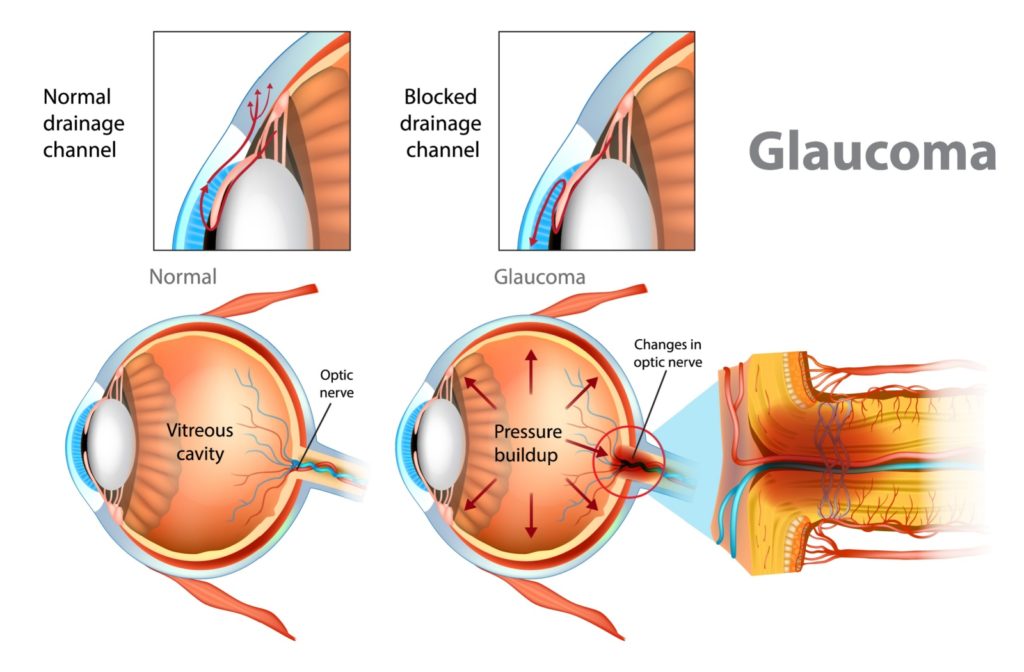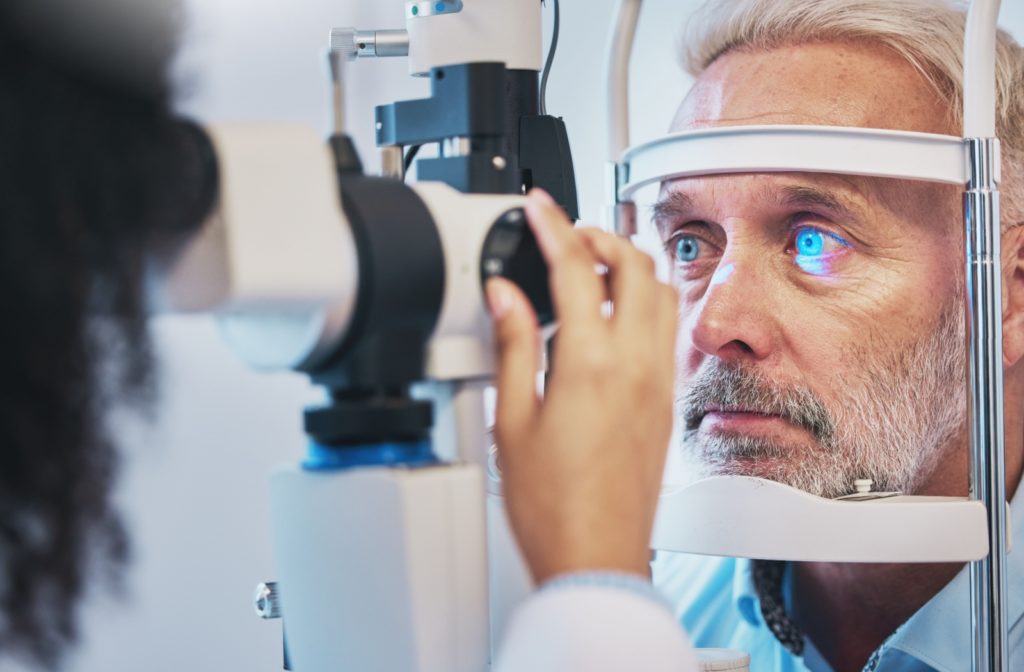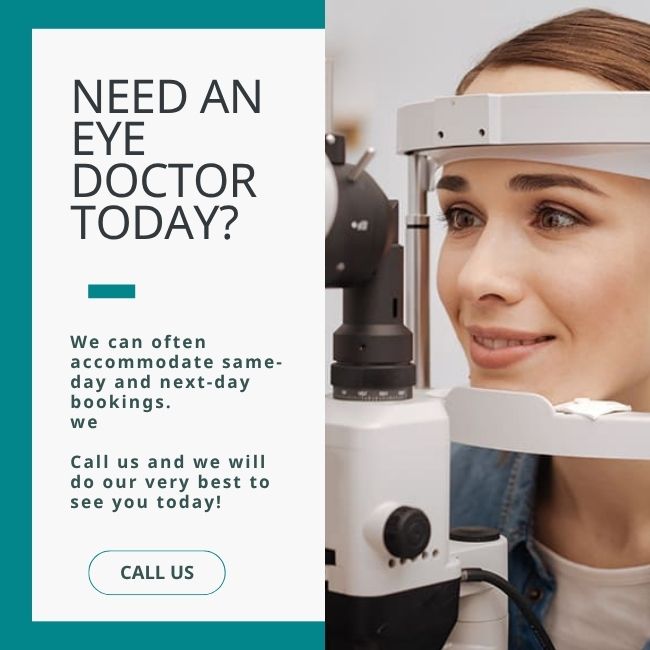Eye health is a crucial concern for many, especially as we age. Two common eye diseases that often cause confusion are glaucoma and macular degeneration. Despite both leading to vision loss, they are distinct in their causes, symptoms, and treatments. Understanding these differences is vital for eye care professionals, seniors, and health enthusiasts looking to maintain optimal eye health.
What is Glaucoma?
Glaucoma is a group of eye conditions that damage the optic nerve, which is essential for good vision. This damage is often caused by abnormally high pressure in the eye, a condition known as intraocular pressure. There are several types of glaucoma, including open-angle glaucoma, which is the most common form, and angle-closure glaucoma, which is less common but can cause sudden and severe symptoms.
Glaucoma is one of the leading causes of blindness, particularly for people over the age of 60. However, it can occur at any age, including in infants and young adults. Early detection through regular eye exams and proper management can help prevent significant vision loss.
Types of Glaucoma
- Open-Angle Glaucoma: The most common form, where the drainage angle for eye fluid remains open, but the trabecular meshwork is partially blocked.
- Angle-Closure Glaucoma: Occurs when the iris bulges forward to narrow or block the drainage angle formed by the cornea and iris.

Symptoms of Glaucoma
- Patchy blind spots in your peripheral or central vision, often in both eyes
- Tunnel vision in the advanced stages
Treatment for Glaucoma
Treatment aims to reduce the intraocular pressure (IOP) and may include:
- Prescription eye drops
- Oral medications
- Laser treatment
- Surgery
What is Macular Degeneration?
Macular degeneration, also known as age-related macular degeneration (AMD), is a condition that affects the macula, the part of the retina responsible for sharp and central vision. The macula enables us to read, drive, recognize faces, and see fine details clearly. AMD is a leading cause of vision loss in people aged 50 and older, and it can significantly impact daily activities and quality of life.
There are two types of AMD: dry and wet. Dry AMD is more common and progresses slowly, while wet AMD is rarer but causes more rapid vision loss. Early detection and management are crucial to slowing the progression of this condition.
Types of Macular Degeneration
- Dry AMD:
- The more common type, characterized by the thinning of the macula.
- Formation of drusen (tiny protein clumps) under the retina.
- Wet AMD:
- Less common but more severe.
- Caused by abnormal blood vessels that leak fluid or blood into the macula.
Symptoms of Macular Degeneration
- Visual distortions, such as straight lines seeming bent
- Reduced central vision in one or both eyes
- The need for brighter light when reading or doing close-up work
- Difficulty adapting to low light levels
- Increased blurriness of printed words
- Decreased intensity or brightness of colors
Treatment for Macular Degeneration
While there is no cure, treatment options can slow the progression and improve quality of life:
- Anti-VEGF injections (for Wet AMD)
- Photodynamic therapy
- Lifestyle changes like a healthy diet rich in green, leafy vegetables and fish
- Supplements containing vitamins C and E, zinc, copper, and beta-carotene
Protecting Your Eyes: UV Exposure & Smoking Cessation
UV Exposure:
Prolonged exposure to the sun’s ultraviolet (UV) rays can significantly increase the risk of developing eye conditions, including macular degeneration and cataracts. Protecting your eyes from UV light is crucial. Wear sunglasses that block 99% to 100% of both UVA and UVB light or a wide-brimmed hat can also provide additional protection during extended periods outdoors.
Smoking Cessation:
Smoking is a major risk factor for various eye diseases like macular degeneration, cataracts and diabetic retinopathy. The harmful toxins in cigarette smoke can damage the delicate tissues of the eye, leading to accelerated aging and increased risk of eye diseases. Quitting smoking can greatly reduce these risks.
Key Differences Between Glaucoma and Macular Degeneration
Cause:
- Glaucoma is primarily caused by increased intraocular pressure damaging the optic nerve.
- Macular Degeneration is caused by deterioration of the macula due to aging, with risk factors including genetics and lifestyle.
Affected Area:
- Glaucoma affects the optic nerve, leading to peripheral vision loss.
- Macular Degeneration affects the macula, leading to central vision loss.
Symptoms:
- Glaucoma symptoms often include tunnel vision, patchy blind spots, and in advanced stages, significant vision loss.
- Macular Degeneration symptoms include visual distortions, difficulty in reading, and decreased color brightness.
Treatment:
- Glaucoma is treated primarily by reducing eye pressure. This can be achieved through prescription eye drops, oral medications, laser treatments, or surgical procedures. The goal is to prevent further damage to the optic nerve and preserve vision.
- Macular Degeneration treatments vary, focusing on slowing the progression of the disease. This can involve regular injections of medication into the eye, lifestyle changes such as quitting smoking and eating a healthy diet rich in green leafy vegetables and fish, and taking specific dietary supplements that contain vitamins and minerals beneficial for eye health. Regular monitoring and check-ups with an eye specialist are also crucial for managing the condition effectively.
The Path Towards Vision Care
While glaucoma and macular degeneration both lead to vision loss, understanding their differences helps in early diagnosis and targeted treatment. Regular eye check-ups are crucial, especially for seniors and those with a family history of eye diseases. If you suspect any symptoms, consult with an eye care professional immediately for appropriate evaluation and management.
For more personalized advice, feel free to book an appointment with one of our expert eye care specialists today to learn more about eye conditions such as glaucoma and macular degeneration. Your vision is too important to leave to chance.




